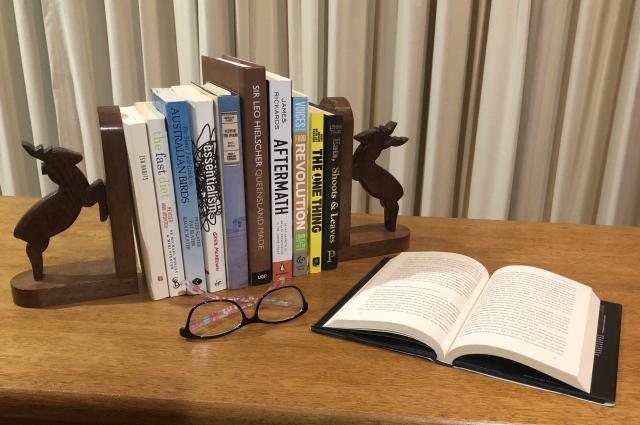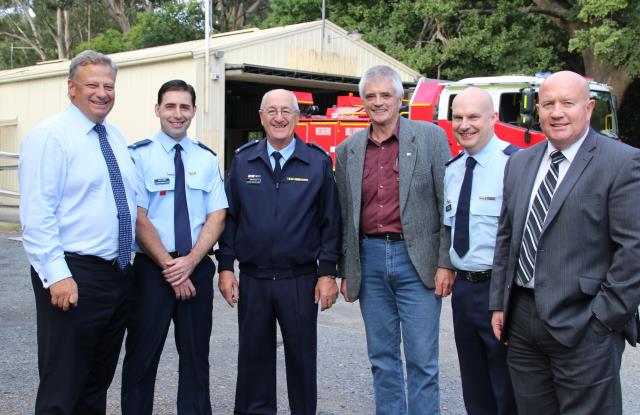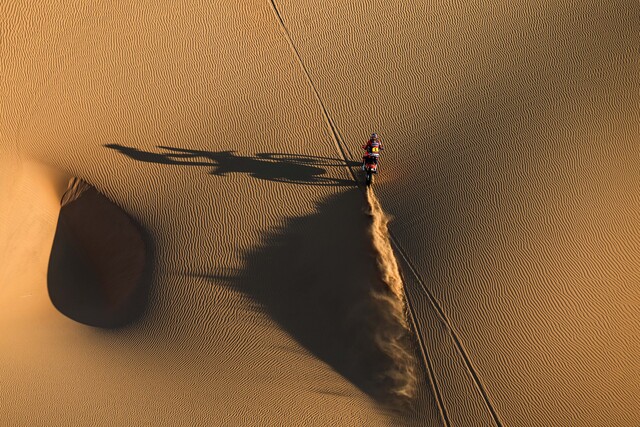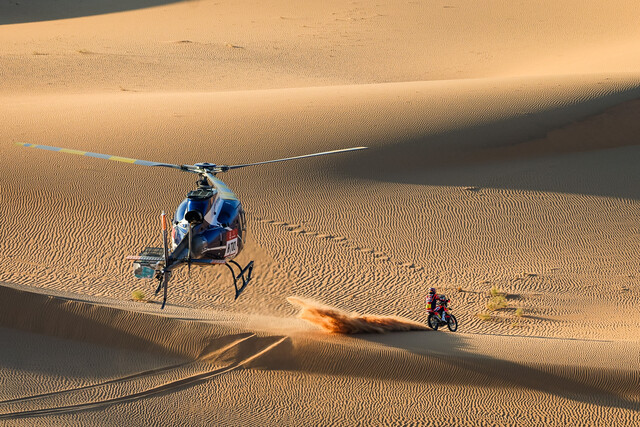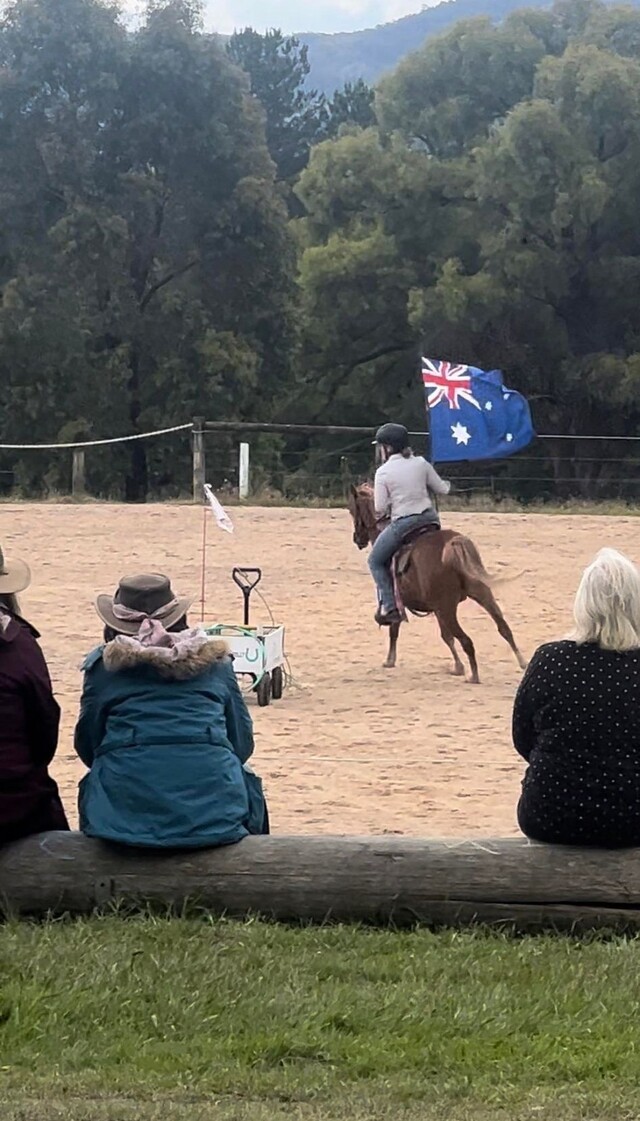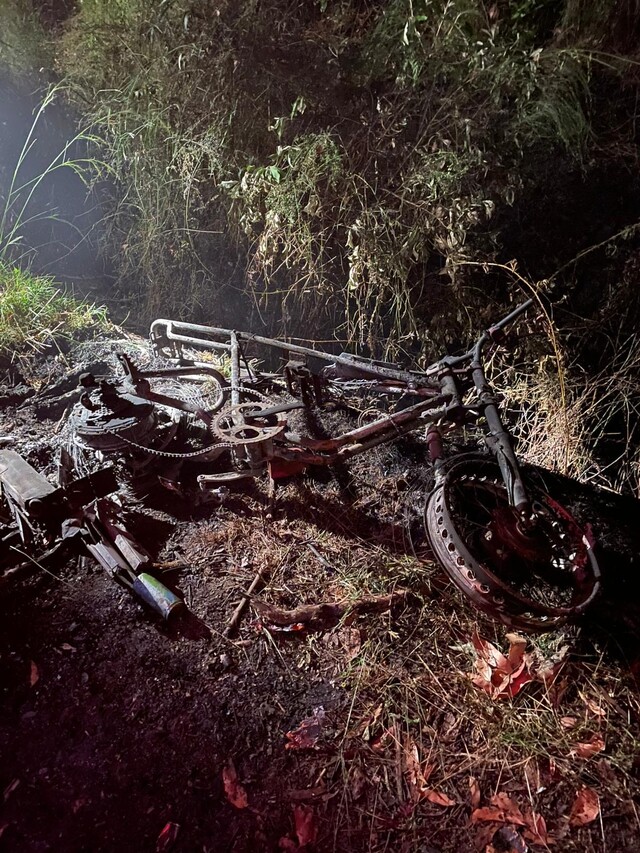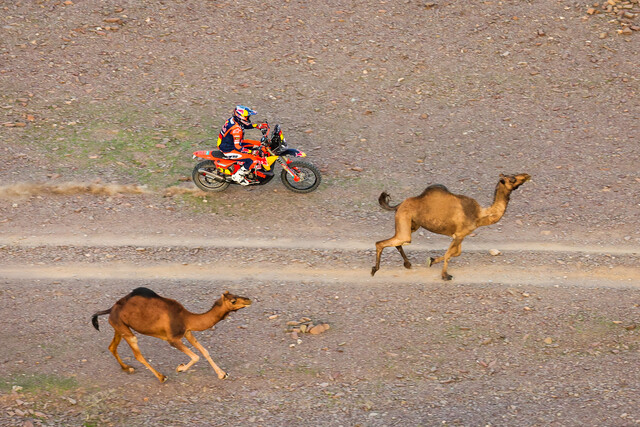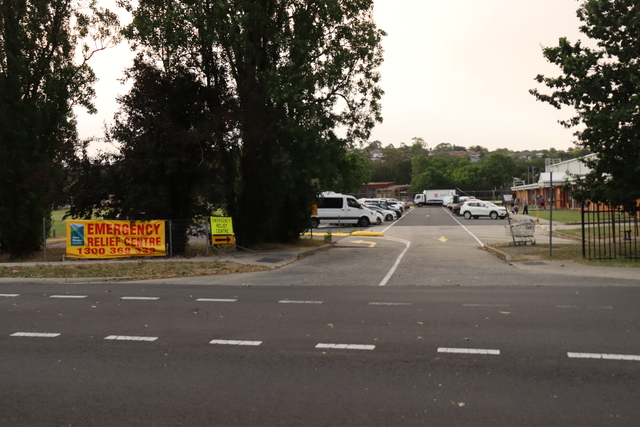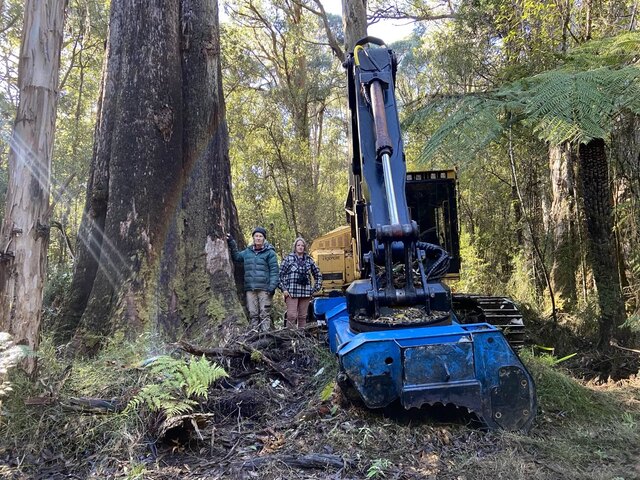The Quebec UNESCO City of Literature has recommended readers enjoy Fauna, written by Christiane Vadnais and translated from French into English by Pablo Strauss.
The book won the 2019 Prix des Horizons Imaginaires, a literary prize awarded by students from the Quebec college network and Canadian universities. It was one of the best books of 2018 chosen by Radio-Canada, with Vadnais also named a Young Author to Watch for 2020.
The book contains 10 interwoven short tales depicting a near-future world ravaged by pollution and floods. Thanks to the vivid translation, these are lush and mesmerising stories with an ethereal quality that is strikingly expressive. Every sentence is worth savouring, the words revealing a wild, wonderful imagination both raw and radiating.
But the world of Shivering Heights is terrifying, with the sky streaked with toxic green and the river overflowing, offering a pervasive parasite that is slowly infecting all forms of life. As newly developed hybrid species behave in unprecedented ways, the surviving humans – if they can still be called human – are forced to either evolve or die.
Against this dark yet sensual backdrop – in the sense that a dazzling blue-ringed octopus carries enough venom to kill 26 adult humans within minutes – a biologist struggles to understand the nature and significance of the fearful yet fascinating changes transforming her own body and the world around her.
There are other characters as well, including a devilish woman haunting a spa resort, a nurse patiently caring for the dying and deforming, and those living in a floating town who have long forgotten life on dry land. Other characters grow new appendages, scales and feathers, and still others morph into rare and remarkable creatures.
At once dazzling and daunting, these settings and characters help to immerse readers in a post-apocalyptic world where nature continues to thrive however drastically and irrevocably it has been damaged. As Wangari Maathai, the first African woman to win the Nobel Peace Prize, once said: “Mother Nature is very generous but very unforgiving.”
A superb eco-fiction, Fauna cleverly draws our attention to the interrelationship between humans and the ecosystem. The approach is refreshing for those readers who are perhaps tired of the abundance of climate fiction out there that constantly features a dystopian world where humans suffer but somehow survive, their resilience equally highlighted as the disasters they have caused.
Indeed, the protagonist here is nature itself. To paraphrase Jim Dwyer, author of Where the Wild Books Are; A Field Guide to Eco-fiction (2010), the nonhuman environment is “not merely a framing device but as a presence that begins to suggest that human history is implicated in natural history”. More importantly: “The human interest is not understood to be the only legitimate interest.”
In Fauna, our environment is “a process rather than a constant or a given” that relentlessly unfolds regardless of humans being its master or victim. Hopefully, serving as helpless onlookers can help us see more clearly what our future may be.

